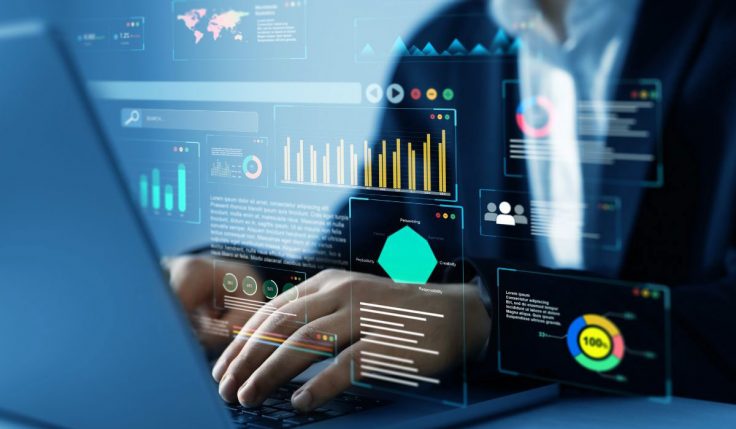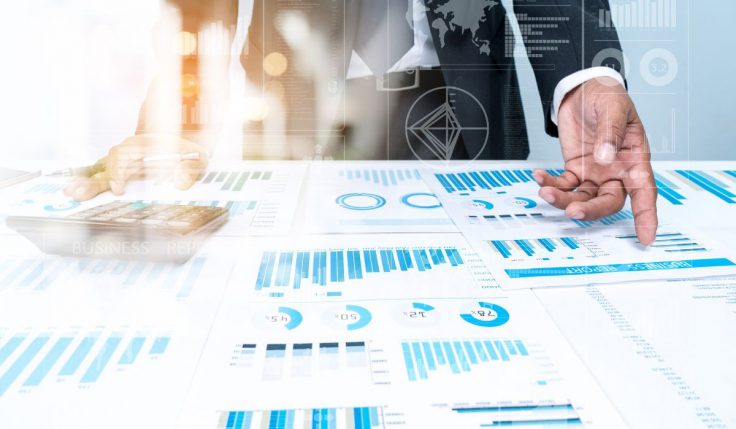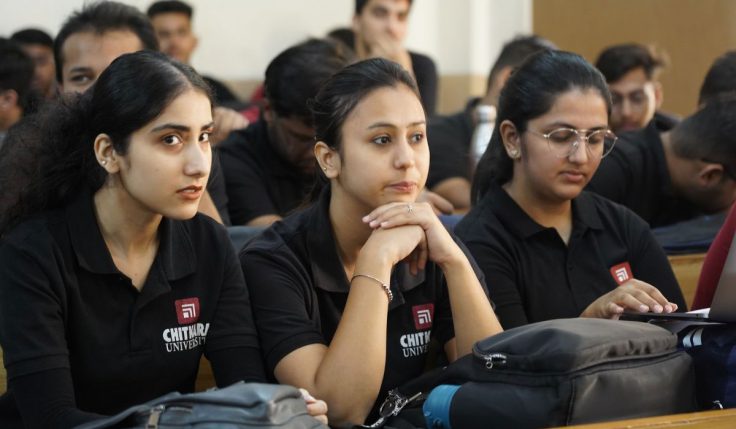It is indeed true that “Curiosity is the fuel for discovery, inquiry, and learning.” The world has always been fascinated by the future. We are always curious about what the future holds for nations, organizations, individuals, trends, or the environment. In today’s modern, fast-paced, connected world, planning is essential for long-term survival. Planning for economic growth requires sifting through volumes of historical data and using the information gleaned through that data to predict future trends and make informed, data-driven decisions.
Empirical data have been used by economists and econometricians to validate growth models and support the conversion of concepts into policies and decision-making tools for many years. Many individuals even think of econometrics as the first data science. Data scientists are, nonetheless, in high demand right now. As a result, the field of data science is rapidly expanding, and there is an increasing demand for a skilled data science workforce.
Data science professionals come from various academic backgrounds and do not need to be STEM grads. Many economics graduates study data science due to the inherent similarities between both fields of study. The basic tenets of economics and its sub-disciples and data science are very similar. For example, the basics of linear regression are very similar in both data science and economics. However, the way these are applied in both fields differs significantly.
To put things into perspective, the Normal Equation (an algebraic equation for analytically solving optimal parameters) is very common in economics but is largely overlooked in data science due to its limitations in performance with big data, where gradient descent shines.
You will learn essentially the same fundamental ideas whether you major in economics or data science. Both fields necessitate a thorough knowledge of statistics. However, after discussing linear and logistic regressions, the courses shift to examining neural networks for data science, and regression discontinuity design and instrumental variables for economics.
For many researchers and aspiring data scientists, studying data science and economics at the same time is a dream come true. The study of economics allows academics to delve deeply and identify the dynamic links between various groups impacted by a policy in order to analyse the human impact of its implementation. In other words, while economics utilises data to prove relationships, data science uses it to find links. The study of economics assists students in establishing a solid foundation in the fundamentals of statistics, particularly regression.This helps them test assumptions better (BLUE) and create benchmarks to improve their models. Data science adds to this by adding an element of accuracy to the world, building better algorithms that make real-world predictions and trend analysis easy.
Data science and economics are complementary disciplines. Highly regulated industries like those in the healthcare, media, finance, and insurance necessitate rigorous documentation of modelling procedures. Since they have in-depth knowledge of the current regulatory frameworks, client-facing economists are required to better summarise the quantitative output of projects. For graduates to approach challenges with an open mind and without being constrained by their CS skills, it is essential that they be able to apply economic concepts while also knowing the applicability and intricacies of data science. Human behaviour models and other unstructured empirical issues call for an analytical strategy that is familiar to economists but outside the purview of data scientists.
This enables dual-specialization students at renowned universities like Chitkara University to combine the strengths of a strong economics foundation with those of data science. The fundamental skills of Chitkara University’s economics students, such as statistical computing, econometrics, and time series, aid in their understanding of user behaviour, the establishment of causal implications, and improved statistical computing. By incorporating data science into their present skill set and enhancing it with data visualisation and other fundamental data science concepts, these graduates become more marketable globally.






